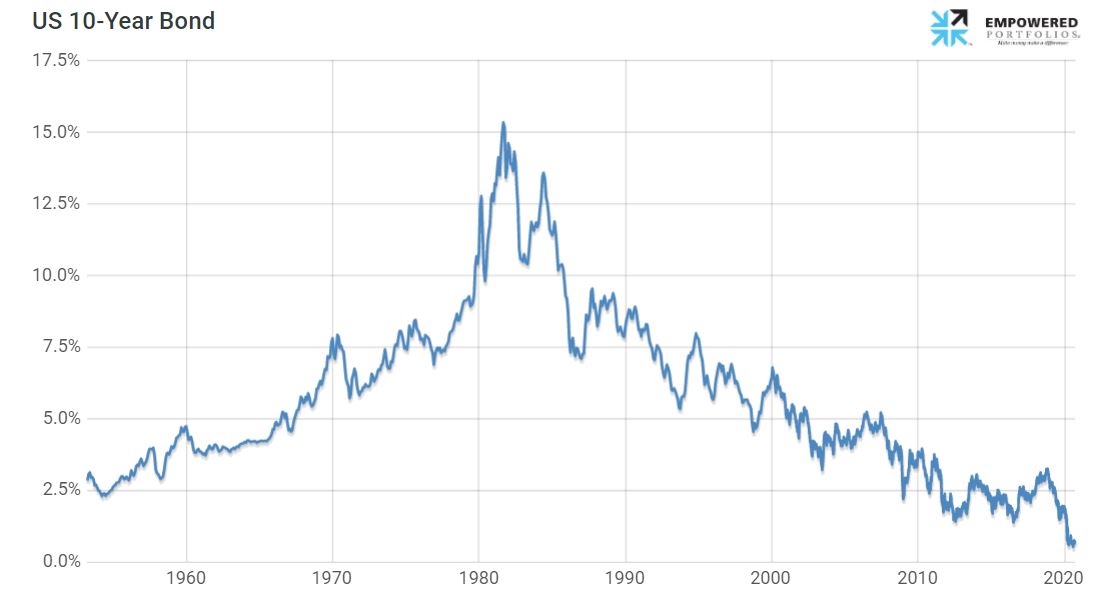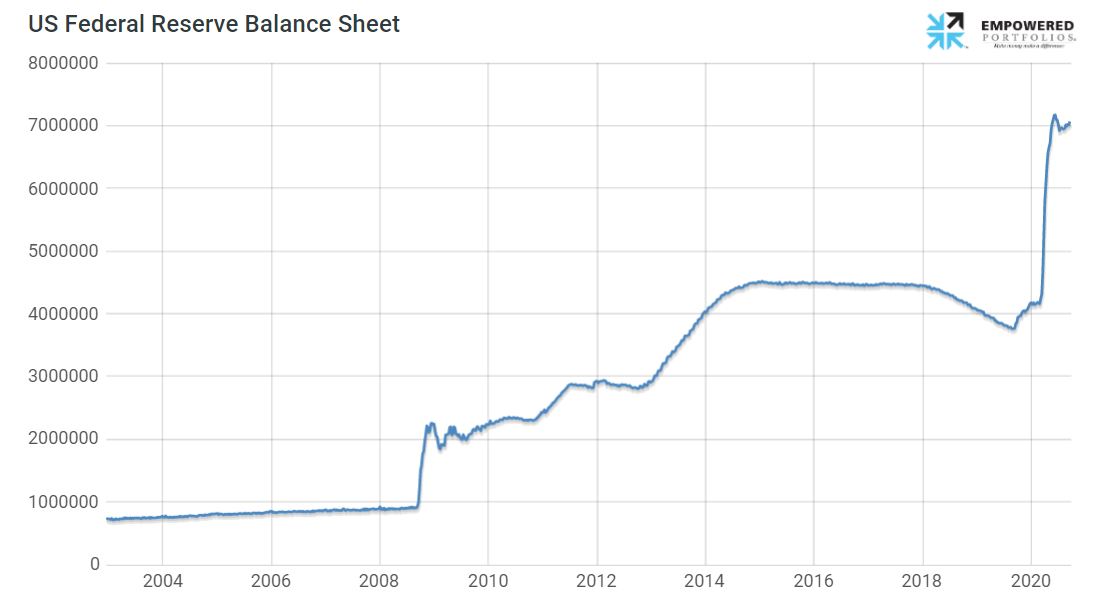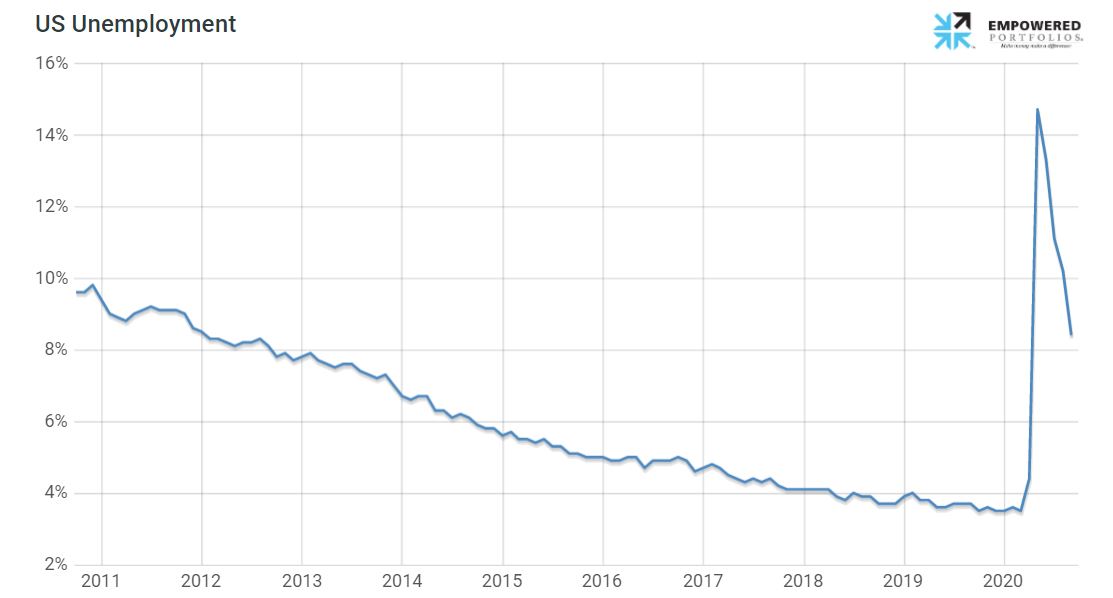Like it or not, it’s tax season once again. For some, it’s a time for them to hand their paperwork over to a CPA and let them deal with it. For others, it’s time to roll up their sleeves, put on a pot of coffee and get to work on their DIY number-crunching. Whichever the case, it can sometimes be a herculean task trying to dredge through the swamp of paperwork and pull out all the documents you need to complete your taxes. One misplaced 1099 here, an envelope full of Q2 expense receipts there, any of which could simply fall off your radar and become out of sight, out of mind.
If you’re one of those people who would lose their own head if it wasn’t attached to their body, we feel your pain. Luckily, we’re here to give you a breakdown of the paperwork you could potentially need to complete your taxes. Bookmark this blog, so in March (or let’s be honest, first week of April) when you finally crack into your taxes, come back to it and see if anything’s missing.
Let’s Start With an Easy One:
Last year’s taxes, while not required to have, per se, are a good resource for you to have at the ready. Seeing the information you needed last year will be a great jumping off point for figuring out what you need this year.
Personal Information:
There’s another reason the IRS would like you to open your wallet this time of year. They need that personal information. This includes Social Security/tax ID numbers, full names and dates of birth. This isn’t just for you, but for your spouse and every dependent you claim. Also, if you are expecting a refund and want it directly deposited in your bank account, make sure to have your account and routing numbers. Finally, if you were given an Identity Protection PIN from the IRS, have that handy.
Dependent Information:
Besides the personal info listed above, there are a couple of other dependent-related items you should keep track of.
If your dependents have made any income, make sure to have that info. If you employed the services of a childcare provider (day care, nanny service), include the provider’s taxpayer’s identification number (SSN/tax ID if it’s an individual, EIN if it’s an organization). Finally, if you’re claiming a dependent you do not have custody of, you’ll need a Form 8332, showing the custodial parent is allowing you to claim the dependent.
Sources of Income:
There’s many, MANY different ways people make money, beyond working a job and receiving a paycheck. If you’re one of those people and are just expecting to need a W-2, great. Maybe skip ahead to the Deductions section. But if you received any income from a different source(s), make sure you have the correct documentation for your specific situation. Situations, such as…
If you received unemployment payments, you’ll need your 1099-G.
If you’re self-employed, which could be either a business owner or independent contractor, you will need 1099 forms, Schedules K-1 (for business partners or shareholders), and records that verify income made from customers/clients. You should also have your applicable expense records. You may have to search through credit card statements and receipts. The actual asset information of your business could be needed, like it’s cost and amount of depreciation. If you have a home office, include expenses for setting up the office, as well as the amount of space in your home it takes up (either in square footage or percentage of total home). If you made quarterly estimated tax payments, you’ll need that information (Form 1040–ES) .
Did you make money from renting out property? Make sure you have the amount you made and the expenses put into said property. It’s also important, as with a business, to have the asset information for the property.
Perhaps you received interest from savings or dividends from your investments (yes, even cryptocurrency). The 1099-series of forms has a slew of different ones for different types of investments. You’ll probably need at least one of these, possibly more.
You may have received retirement income. If so, grab your 1099-R, which includes that income. If you received Traditional IRA distributions, have your record of the taxes taken out of those. And of course, have a record of any social security income you received (SSA-1099, RRB-1099).
Specific to pandemic-times, make sure to have your 1444-series of letters from the IRS regarding stimulus payment(s) you may have received. You may also be sent a Letter 6475, which will determine if you qualify for Recovery Rebate Credit. Also, if you received economic relief in the form of advance Child Tax Credit payments, you should get a Letter 6419.
Is there any other income you received? We’re talking gambling winnings, money from a trust, earnings from little jobs you do on the side. Even the money you get from jury duty counts. Any money you get from anywhere should be recorded and held onto for tax time. The amounts might not be enough that you have to declare them, but the info’s important to have just in case.
Your Deductions:
We’ve finally reached what’s known in the industry as “the good stuff.” We’re talking about deductions, those specific taxes you paid that, for a variety of reasons, you can claim to reduce your taxable income. There are many different types of deductions and, of course, no one is going to need to use all of them. To determine which ones you might need ask yourself the following questions and if any of them apply to you, make sure you have the records to show for it.
Do I have kids/child dependents?
- Records of payments made to licensed day care providers.
- If your child under the age of 13 had a babysitter or caregiver while you were at work, records of those payments.
- Any expenses from a work-based flexible spending account that went towards caring for a dependent child.
Did myself, spouse or dependent have any medical expenses?
- Amounts paid toward healthcare-related expenses.
- A 1095-A if your health insurance was through a healthcare marketplace.
Do I own a home?
- Mortgage interest statements (like a 1098).
- Personal property and real estate tax records.
- Any receipts for energy-efficient improvements you’ve made on your home, like new insulation or solar panels.
Did I participate in any charitable giving?
- Records of the amount you donated to charitable organizations (both cash and non-cash).
- Records of mileage driven for charity reasons
Did myself, spouse or dependent have any educational expenses?
- 1098-T (tuition) and/or 1098-E (student loan interest) given to you from educational institutions or student loan issuers, respectively.
- Receipts for qualified expenses related to education.
- Records of scholarships or any other financial assistance.
Did I pay state and local taxes for things other than my wages?
- Records of how much state/local income or sales tax you paid.
- Info showing vehicle sales tax and/or personal property tax paid on said vehicle.
Was I personally involved in a federally-declared disaster?
- Proof you lived, worked or owned property in the affected area.
- Property loss records.
- Itemized list of repair or rebuilding costs.
- Any records of FEMA-based assistance.
Did I put money into a tax-advantaged savings account?
- Any money put into accounts like an IRA for retirement (Form 5498), an ESA for education (5498-ESA) or an HSA for healthcare (5498-SA).
Am I a K-12 teacher?
- Receipts for classroom purchases you’ve made.
This list of documentation you might need to scrounge up come tax time is fairly comprehensive, but it’s far from complete. If you think there is something else not on this list that should be included, be sure to ask your wealth advisor or tax preparer to confirm.













